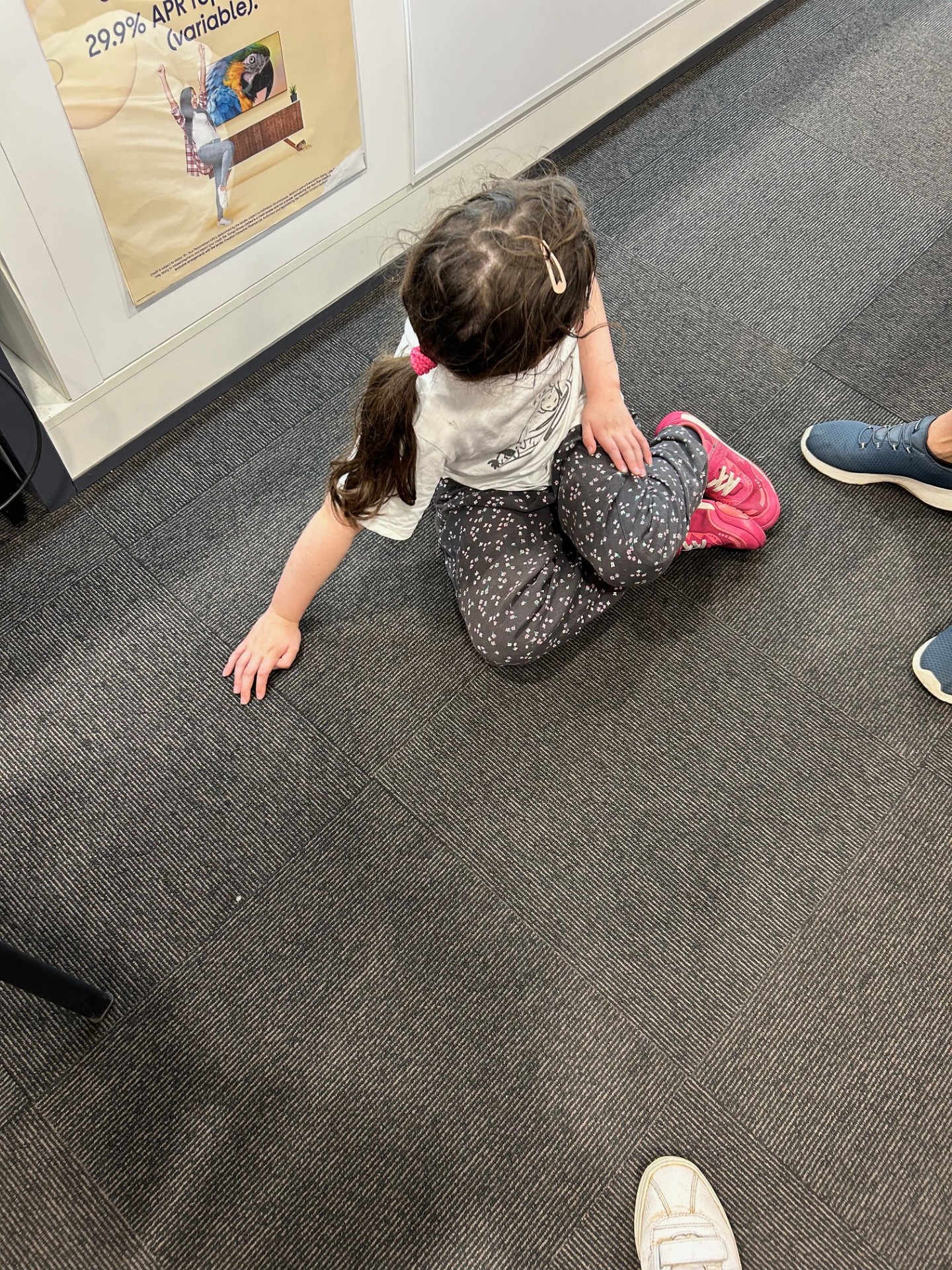Severe Learning Disability & The Public

Sharon F
I'm Sharon, I have a daughter with epilepsy and a severe learning disability. I blog about our livewire life.

“I get it”.
“I understand”.
I have heard these phrases multiple times over the years. Usually from people who do not get it, and do not understand.
You can tell who these people are because there is a 'but'.
'I get it, but can you just get your daughter to move further away from the stage' (at a performance specifically for disabled children where she was causing no issues at all but was fascinated by the lights and movement).
'I understand she is disabled but I can't let you go to the front of the queue or otherwise I will have to let that man over there do that too (points to a wheelchair user)' Meanwhile, my child is having a meltdown as she cannot understand the concept of queueing.
These are real examples. Examples of ableism.
I have finally reached the conclusion that there is a serious lack of understanding among the general public about severe learning disability.
My daughter looks like a typical ten-year-old and has no distinguishing features to suggest she has a disability. Yet she has cognition that varies from about 9-18 months depending on what she needs to understand.
She would understand if you held up car keys and said 'car', that we were going in the car. If a bus passes us on the street, she will try to run to it to try to get on. If it is one we can go on, she will then not want to get off when it stops. She will not understand if I say 'it is dangerous to run towards a bus'. If she sees a food counter, she will run towards it and fold her arms on it, waiting for food. Her cognitive capacity does not allow her to understand the concept of queuing.
None of this is bad behaviour. It is her lack of understanding, her disability that causes her to behave this way. It is not her, or our fault.
We avoid things a lot. We would never take her to a restaurant, to a cinema, a performance, because she would disrupt things for others. What we can do is very limited because we try to avoid putting ourselves in these situations.
Every time we do go in to 'the community', my anxiety soars. My heart rate goes up and I am ready to defend.
I know that sometimes her needs or behaviour cause disruption to other people and, as someone that hates to ‘put people out’, I feel terrible about it. But she is ten and I cannot scoop her up as you may with a toddler if she is lying in the aisle of a supermarket that does not have a disability trolley.
I will not physically restrain my child when she is not endangering herself or others. It is not appropriate. Our only other option is distraction which rarely works and is very hard to implement while being stared at.
We have no choice but to wait it out.
The one thing we can do to avoid this of course is not let her leave our home. I don't think anyone wants us to go back to the days where children like my daughter were locked out of society.
I am sick of it. It makes me feel humiliated, exposed and like I am failing as a mother. It awakens trauma for me almost every time and stirs a deep sadness.
I am not sick of my wonderful daughter's life-grabbing behaviour. She should be an inspiration to us all. The fact that she can see the beauty in the spins and suds of a washing machine, the joy of a bus ride, or the turn of a revolving door embodies the mindful life so many of us are chasing.
I am sick of the ignorance of some people we encounter, and the unwillingness to listen and learn.
When people ask to me make my child do something that her disability prevents her from doing, it hurts. It opens up the locked away box of grief I feel about my child being severely disabled and that she will always need 24/7 care. The heartache that her brain does not work as it should because she suffers thousands of seizures.
That box of grief gets ripped open, not in a safe space with my counsellor or a trusted friend, but in front of many other people, in public.
I am stared at as I feel my neck and face go red and my eyes prickle with tears. It's brutal.
If I explain to someone that I cannot 'get' her to do something because she has a severe learning disability, and they respond saying 'oh gosh I'm sorry to have bothered you’ or ‘what can I do to help' then of course, it's absolutely fine. I never mind if someone says something but does not realise she is disabled. I don’t expect people to know. The vast majority of people are kind when I tell them, and try to understand.
It is when I tell people she is disabled, and they say 'yes but' or 'I get it but' that the damage occurs. It is deeply offensive and hurtful to say 'but' in this context. There are no buts. None of us would dream (I hope) of saying to a wheelchair user 'I can see you use a wheelchair, but could you just hop out for a sec to go down these steps?'.
When someone has been told that a person has a severe learning disability, the unreasonable requests must stop.
If you haven't watched the BBC's brilliant series There She Goes please consider it, and please share it. I believe it needs to find its way into every single training pack of any public facing business, into every home and certainly to anyone that works with children like my daughter. I have never seen such a raw and beautiful portrayal of learning disability.
We desperately need to educate our society on learning disability.
Where we are now is not good enough.


